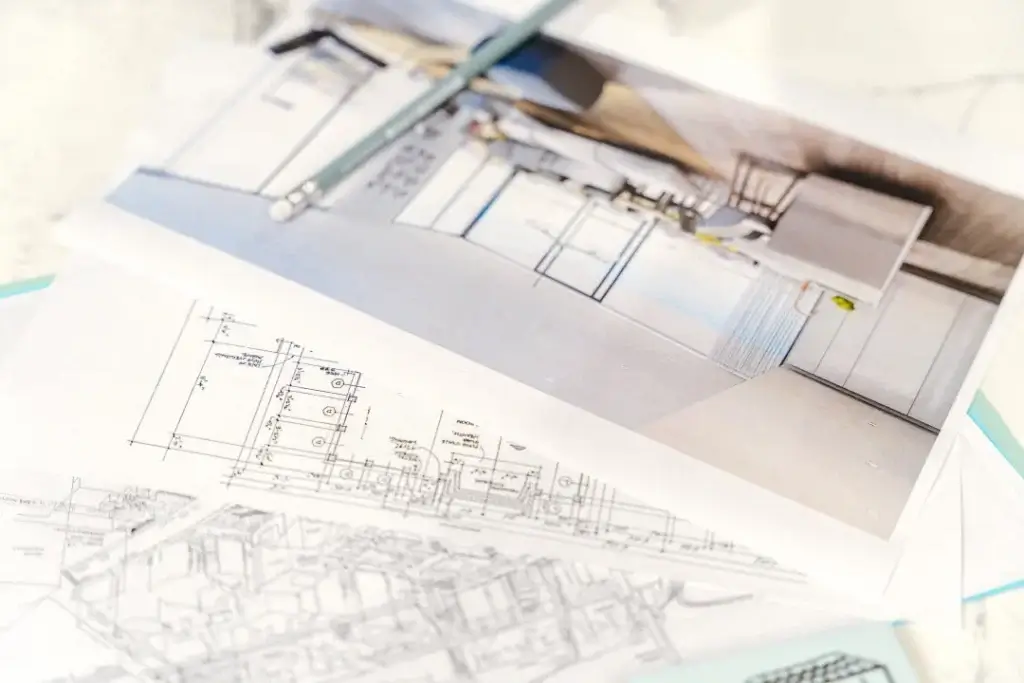Access the A201–2017 and B101–2017
To purchase a one-time use license for the documents in this article, visit the links below:
A201®– 2017 General Conditions of the Contract for Construction
B201-2017 Standard Form of Architect’s Services: Design and Construction Contract Administration
Interested in getting unlimited access to our full 250+ library of agreements and forms?
Visit the link below to learn more: https://aiacontracts.com/subscriptions/unlimited-subscription
July 28, 2022
At some point in your career in the construction industry, you have probably come across this issue: the construction administration (CA) phase of a project is partly described in the agreement between the owner and the contractor (A201-2017) and the architect is not a party to that agreement. So, how can an architect provide CA phase services that are largely described in an agreement to which they are not a party? Let’s figure it out.
A201- 2017 is part of an agreement between an owner and a contractor; the architect is not a party. Articles 3 and 4 of the A201-2017 generally set forth the construction phase activities that might occur on the project and even describe some of the services that the architect will perform, such as payment application reviews and site visits. But, if the architect isn’t a party to the A201-2017, then how are they bound by these terms? The answer is found in their agreement with the owner: B101-2017.
In B101- 2017 , Article 3 sets forth all the different phases of services for which the architect is hired. Section 3.6 deals specifically with “Construction Phase Services,” and states that the “Architect shall provide administration of the Contractor between the Owner and the Contractor as set forth below and in AIA Document A201-2017…” (Section 3.6.1.1). So, even though the architect is not a party to the A201, their agreement with the owner (the B101) requires the architect to provide those CA phase services set forth in the A201.
By way of analogy, consider a project schedule. A project schedule is not an “agreement.” However, the parties’ agreements may require them to adhere to the project schedule. For example, Section 3.10.3 of A201-2017 states that the “Contractor shall perform the Work in general accordance with the most recent schedules submitted to the Owner and Architect.” In the same way, even though not all CA phase activities are set forth in the architect’s agreement with the owner, the architect may be required to perform certain CA phase services due to other language in its agreement.
AIA Contract Documents has provided this article for general informational purposes only. The information provided is not legal opinion or legal advice and does not create an attorney-client relationship of any kind. This article is also not intended to provide guidance as to how project parties should interpret their specific contracts or resolve contract disputes, as those decisions will need to be made in consultation with legal counsel, insurance counsel, and other professionals, and based upon a multitude of factors.

